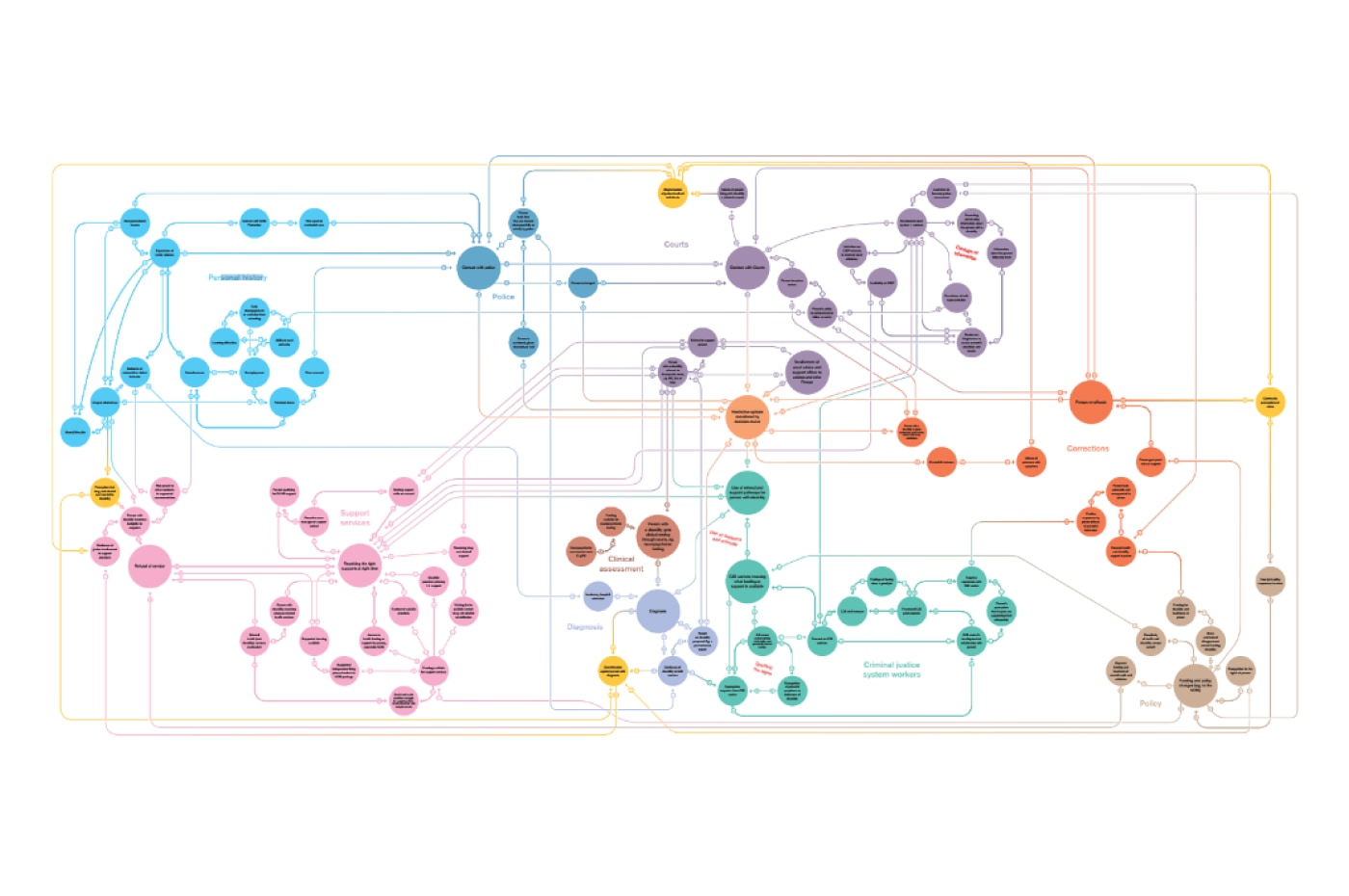NewslettersDecember 10th, 2019
PG #48: Disability & the criminal justice system


As we reach the end of 2019, I remember back to five years ago when all the organisations we worked with were developing their ‘2020 visions’. 2020 sounded sufficiently futuristic to open up creative thinking, and close enough to be just achievable.
I doubt many of us would have predicted the level of political, social and ecological change that we’ve faced in those five years.
Knowing now what was unpredictable then, you can ask yourself - how useful was your vision? How did you measure and learn? How did your organisation adapt and respond?
Paper Giant is leaving 2019 with some questions - questions about how design works within organisations, and how it helps them make decisions that lead to positive outcomes. If you work in design, or your job is to make change at the org where you work, chances are you’ve asked some similar questions this year:
-
What good are post-it notes, if they don’t help you to make your research and ideas tangible?
-
What good are personas, if they don’t communicate the intricacies of real lives, and the impact your services have on real people?
-
Why narrow your focus to customers, when we all live as part of complex communities?
-
What good are journey maps, when people don’t experience your service in a linear way?
-
What good are service blueprints if they are too big to start?
-
Why make grand claims about ‘transformation’, without thinking about who will be transformed?
-
Why make recommendations, without clear pathways or tools to use to put them to use?
Over the course of this year, we’ve been evolving and changing our work, because to create a world that is more just, more equal, and more sustainable, we need to think about design in a bigger way.
We think these questions are a reasonable start.


